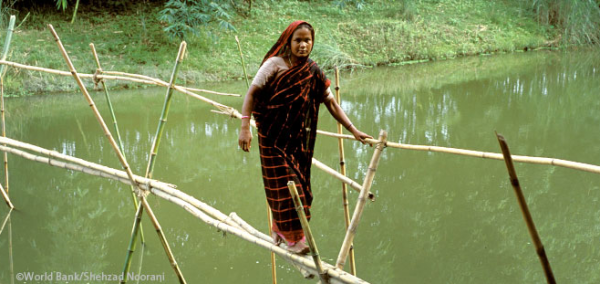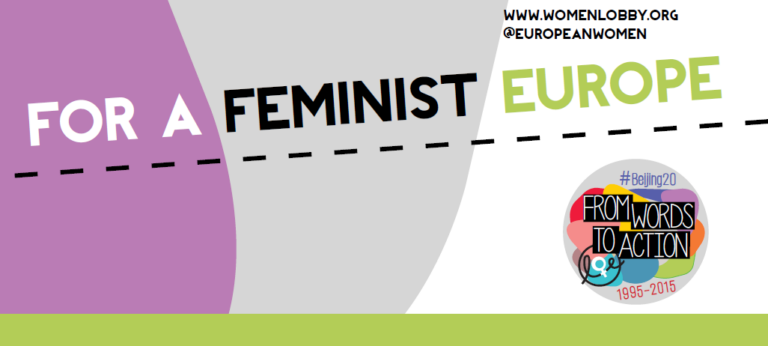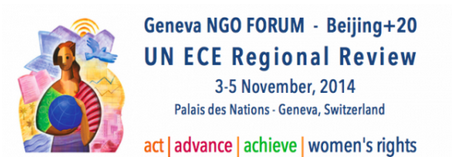[UN Women, October 2014] In 2015, the Beijing Platform for Action runs 20. As part of UN Women’s Beijing+20 campaign, this month’s focus is on Women and Poverty. You can find more information on UN Women Beijing+20 website: facts and figures, take the quizz!, interviews, news from the world and videos, resources.
The last few years have seen historic achievements in reducing the number of people who are poor, making the end of extreme poverty possible in the coming generation. That requires cutting the multiple roots of impoverishment. One of the deepest is gender discrimination, which imposes a disproportionate burden on women.
When women are poor, their rights are not protected. They face obstacles that may be extraordinarily difficult to overcome. This results in deprivation in their own lives and losses for the broader society and economy, as women’s productivity is well known as one of the greatest generators of economic dynamism.
While both men and women suffer in poverty, gender discrimination means that women have far fewer resources to cope. They are likely to be the last to eat, the ones least likely to access healthcare, and routinely trapped in time-consuming, unpaid domestic tasks. They have more limited options to work or build businesses. Adequate education may lie out of reach. Some end up forced into sexual exploitation as part of a basic struggle to survive.
And while women at large have not yet achieved an equal political voice, women in poverty face extra marginalization. Their voices are rarely heard, for example, in decisions on managing an economy, or sharing benefits and costs.
The Beijing Declaration and Platform for Action, adopted by 189 Member States in 1995, reflects the urgency around women and poverty by making it the first of 12 critical areas of concern. Actions under any of these, whether education, the environment, and so on, help women build better lives. But measures targeted to reducing women’s poverty are critical too.
Governments agreed to change economic policies to provide more opportunities for women, improve laws to uphold economic rights, and boost access to credit. They committed to collecting better information to track how poverty affects women differently, as knowing any problem is essential for solving it.
Since Beijing, much progress has been made in these areas. There is still far to go. Ending extreme poverty will come within reach only by fully involving women and respecting their rights—at every step along the way.
Download the brochure Beijing+20 of UN Women here.



